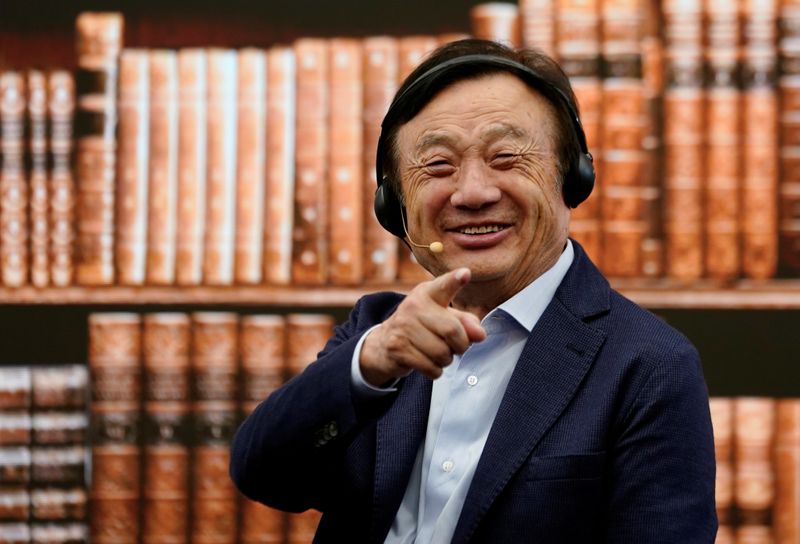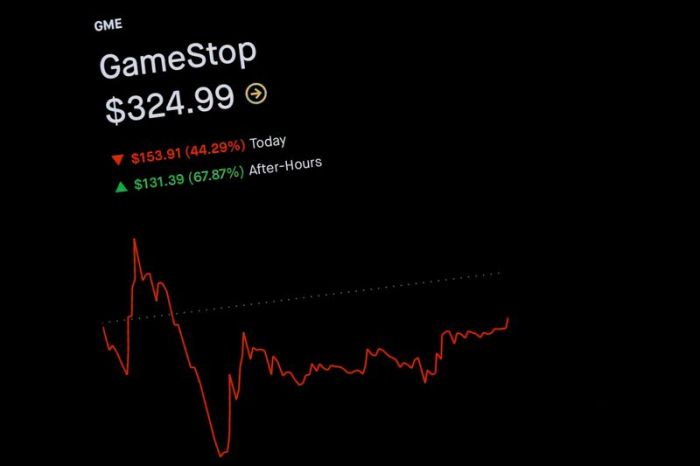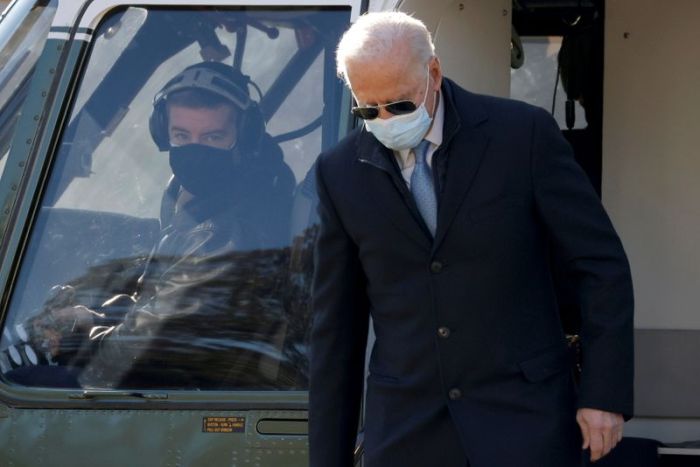TAIYUAN, China (Reuters) – Huawei Technologies’ founder Ren Zhengfei said on Tuesday it would be “extremely difficult” for the United States to end the sanctions that have crippled its phone business, but that he hoped the new U.S. administration would have an “open policy”.
Ren, who was making his first media appearance since March last year, said he hoped U.S. President Joe Biden’s administration would bear in mind U.S. business interests when forming its policy. He said it was “conducive” to the financial performance of U.S. companies to supply Chinese firms.
Huawei achieved positive growth for both 2020 revenue and net profit, Ren said, adding that the company continued to see significant levels of confidence from its customers.
“We hope the new administration will harbour an open policy for the benefit of the American firms and also the economic development of the U.S.,” he told reporters on the sidelines of a 5G mining project Huawei was launching in the northern Chinese city of Taiyuan.
He added he would welcome a call from Biden.
The administration of former U.S. President Donald Trump added Huawei, China’s leading telecommunications equipment maker, to a U.S. trade blacklist in May 2019 citing national security concerns. Huawei has repeatedly denied it poses a risk.
That effectively banned U.S.-based firms from selling Huawei essential U.S. technology and last August, the ban was extended to foreign firms with U.S. business, reaching chief suppliers such as Taiwan Semiconductor Manufacturing Co Ltd (TSMC) which effectively cut off Huawei’s access to chip supplies.
Ren said he believe it would still be “extremely difficult” for Huawei to be taken off the U.S. entity list, but stressed that they continued to hope to buy “large volumes” of U.S. equipment and materials if the Biden administration would allow it.
SURVIVAL
Ren said he was confident of Huawei’s ability to survive even as its mobile business remains under pressure.
He said that the company’s push into mining technology, smart airports and other areas would offset the revenue lost from its smartphone business in a year’s time. Huawei’s consumer business made up 54.4% of the company’s revenues in 2019.
The United States should “consider the future” of its chip industry, currently barred from selling to Huawei, Ren said, noting that Intel’s market share had fallen recently.
“If the number drops further, whether the U.S. can continue to keep its chip industry, there’s a big question mark,” he said.
Ren said the company would not sell its smart devices businesses and that there would be no major leadership changes.
Last month Reuters reported that Huawei is in early-stage talks to sell its P and Mate premium smartphone brands, and had begun exploring the possibility of selling them as early as September. Huawei denied there would be a sale.
Ren said “not a single” U.S. company had approached Huawei over his offer in September 2019 to license 5G tech to companies, but that the offer remained open.
Asked about his daughter Meng Wangzhou, who was arrested in Canada in December 2018 on a U.S. warrant and faces the British Columbia Supreme Court, Ren told reporters he was not aware of any talks between U.S. prosecutors and her legal team.
Meng, 48, faces bank fraud charges for allegedly misleading HSBC Holdings Plc about Huawei’s business dealings in Iran, which was subject to U.S. sanctions.
Meng has denied the charges and Ren said on Tuesday that her arrest was a “U.S. manipulated political event” and that he has reason to believe they can win the case.
(Reporting by David Kirton in Taiyuan; Writing by Brenda Goh; Editing by Himani Sarkar and Ana Nicolaci da Costa)

























